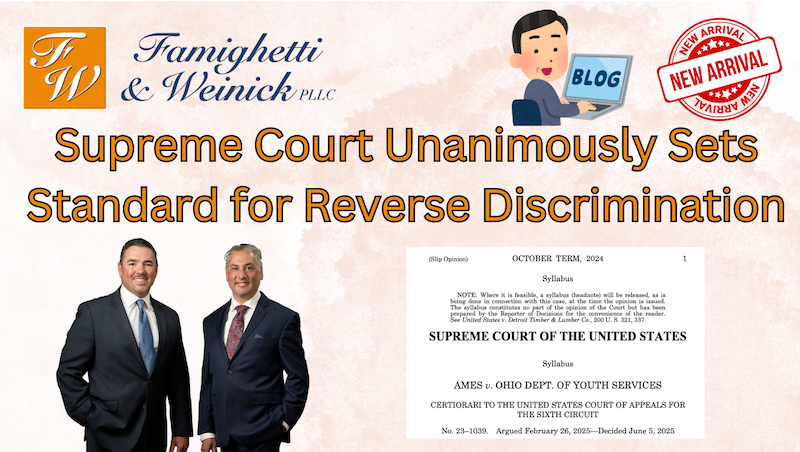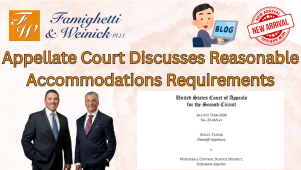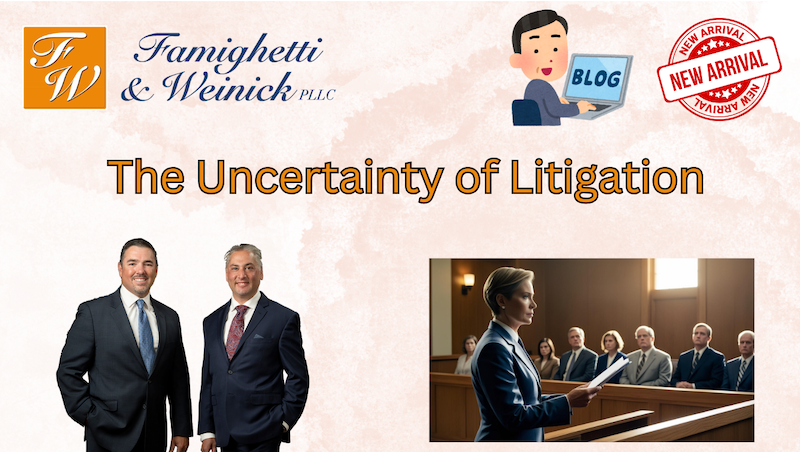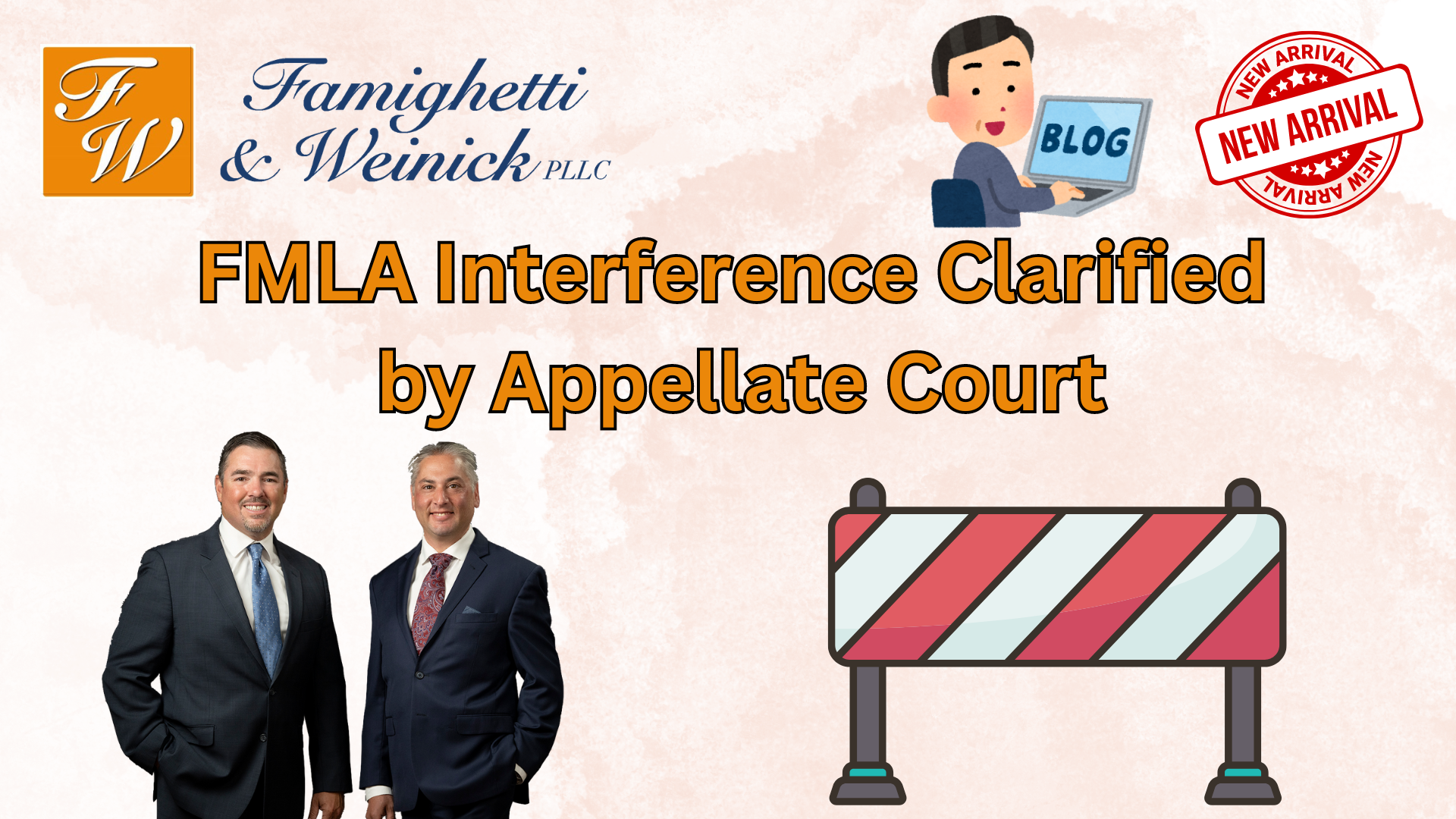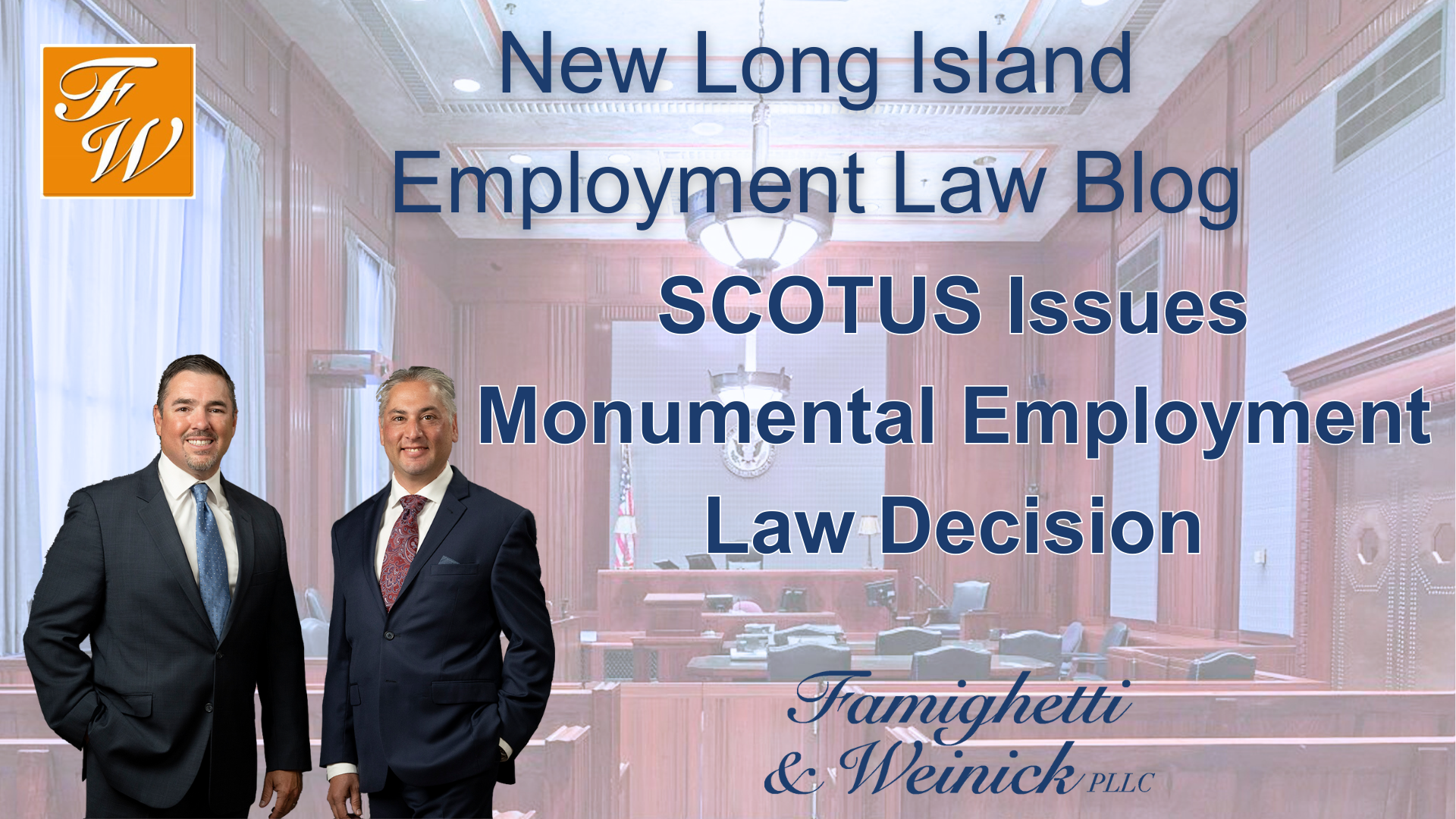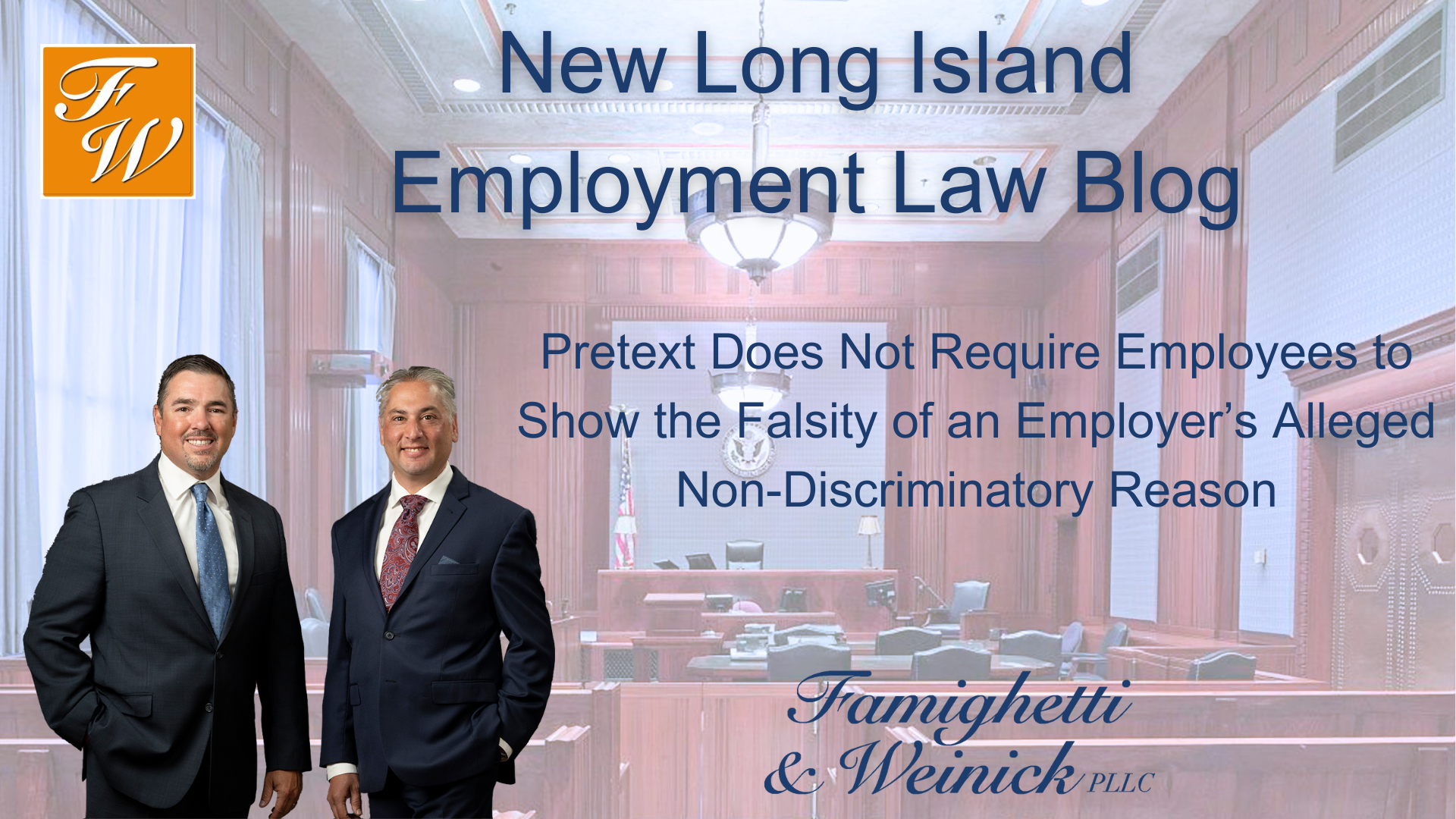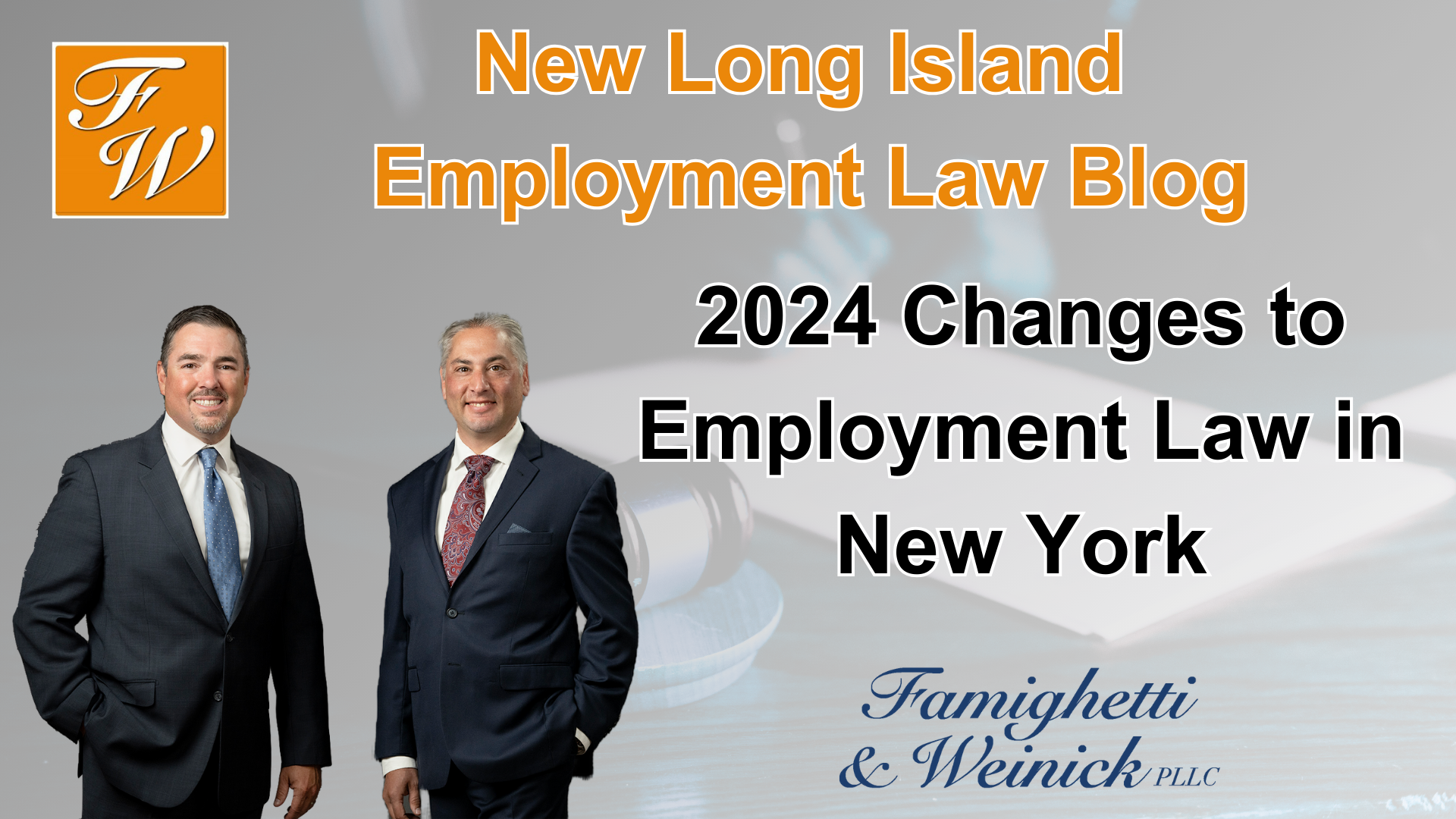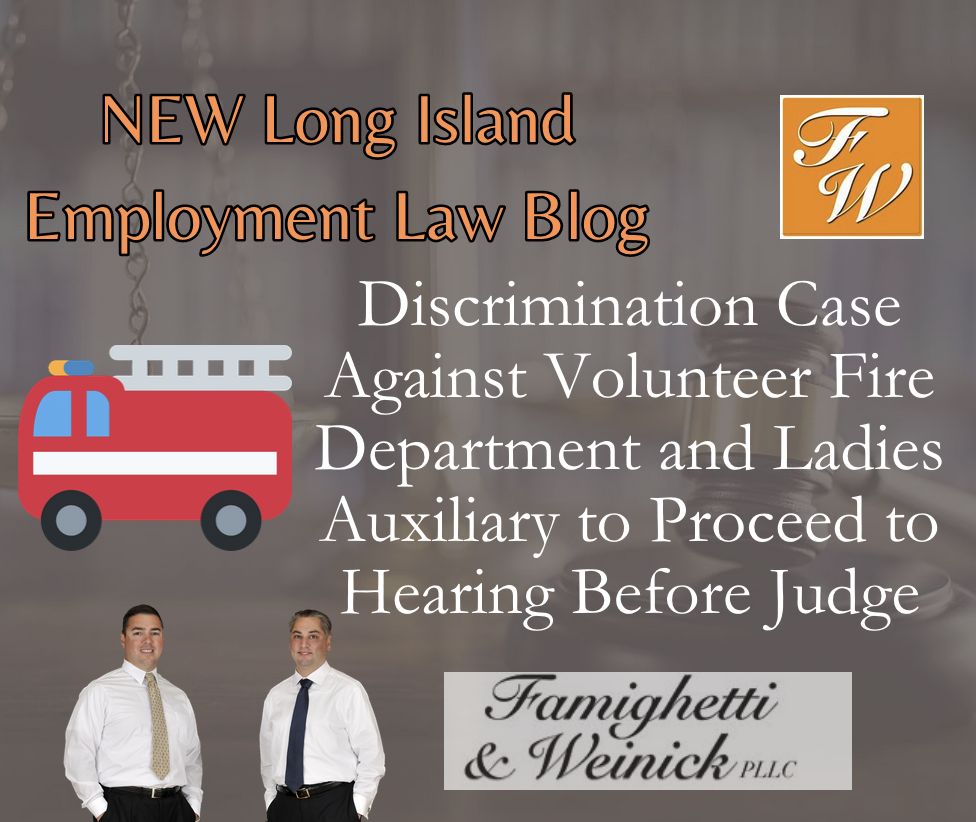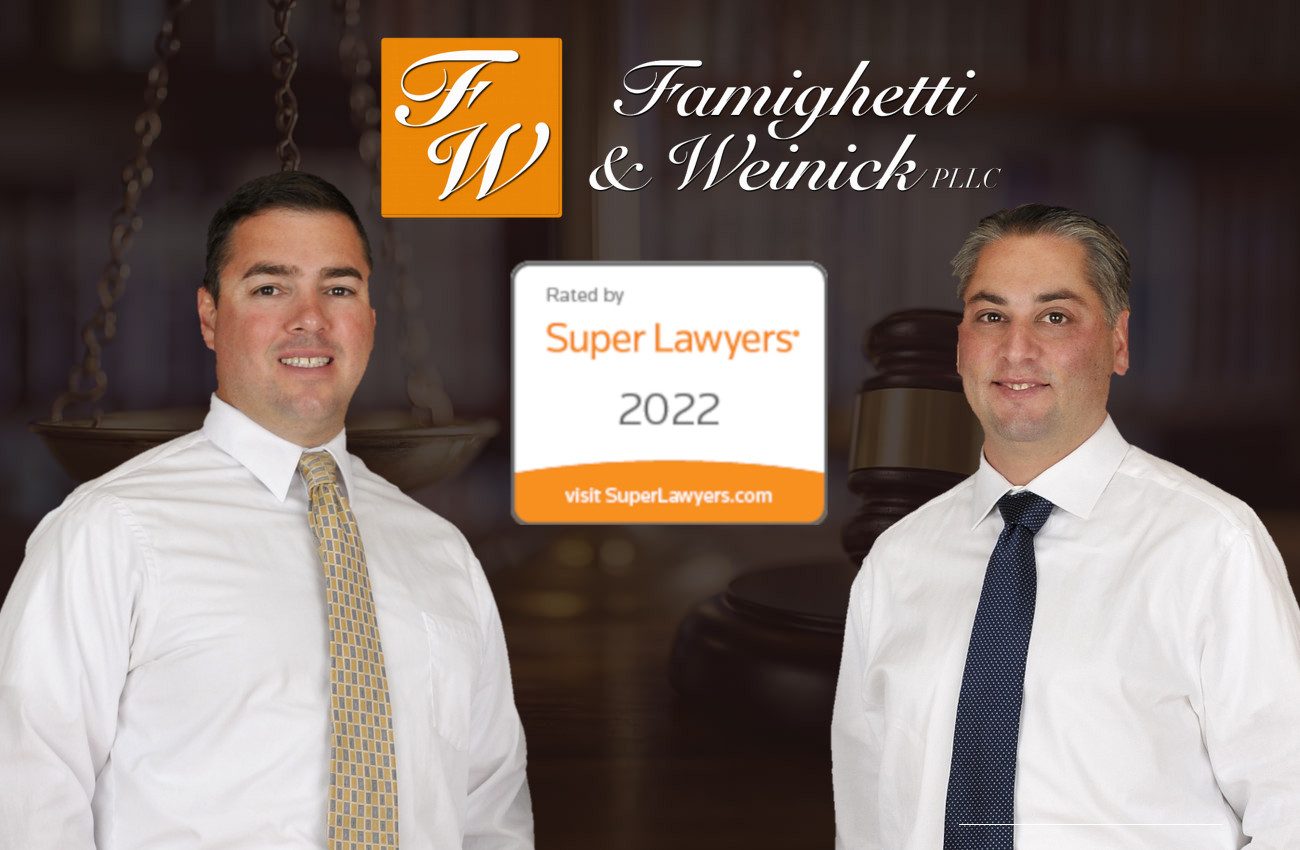Title VII of the Civil Rights Act of 1964 prohibits employers from discriminating against employees on the basis of race, color, religion, national origin, or sex. So-called “reverse discrimination” claims arise when a member of a majority group is discriminated against, i.e. if a white male were to face employment discrimination on the basis of…
Continue reading ›Your Side










